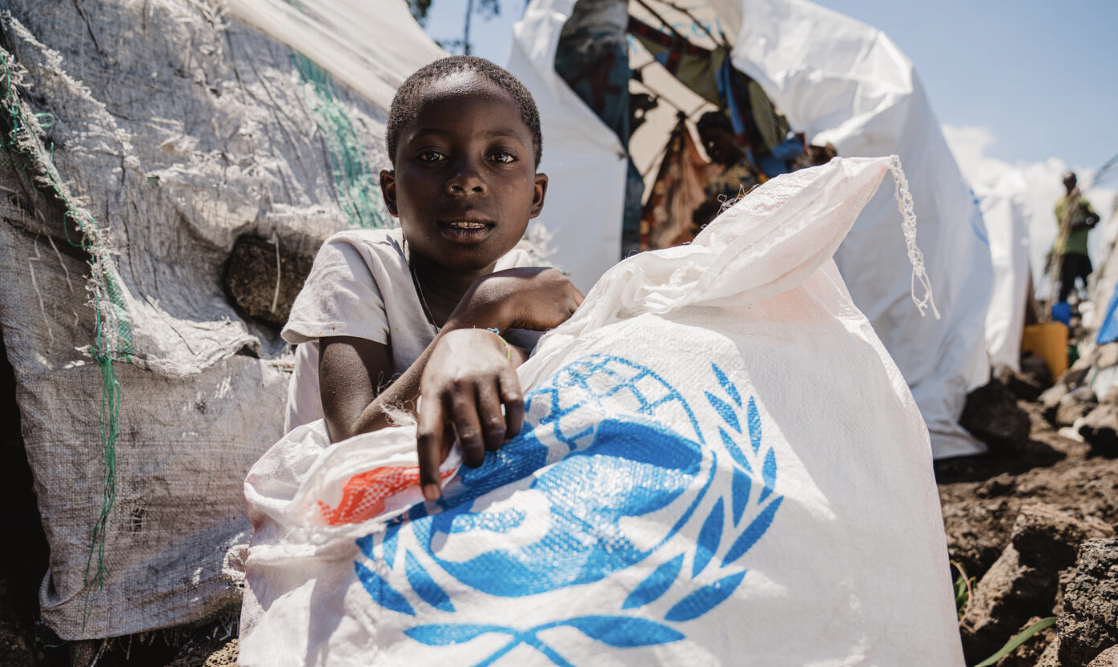
 The Network aims to accelerate progress on children’s rights through evidence generation, skills building, and policy influence.
The Network aims to accelerate progress on children’s rights through evidence generation, skills building, and policy influence.
UNICEF has launched the Academia for Social and Behavioural Change Network, a landmark initiative bringing together 24 universities from 16 countries across Eastern and Southern Africa.
The Network aims to accelerate progress on children’s rights through evidence generation, skills building, and policy influence.
At a United Nations signing ceremony held in Nairobi on July 1, 24 academic institutions formalised their partnership with UNICEF through a Memorandum of Understanding.
The institutions committed to integrating social and behavioural sciences—focused on understanding and influencing human behaviour for positive community change—into humanitarian and development programmes across the region.
The partnership seeks to foster sustainable, context-specific solutions to challenges affecting children by promoting localised knowledge and shaping both policy and practice.
Speaking at the event, Alison Parker, UNICEF Deputy Regional Director for Eastern and Southern Africa, underscored the initiative's strategic value.
“The academia has been a critical stakeholder in shaping human capital and contributing to the broader socio-economic development of society, serving not only as centres of research, knowledge and innovation, but also pivotal platforms for cultivating skills and values that drive national progress.
“It also plays an important role in shaping discourse and societal dialogue. As a duty bearer, it has a vital role in promoting and protecting the rights of children and in generating the evidence essential for identifying decentralised solutions to current and future challenges,” Parker said.
The Network includes renowned institutions such as the University of Zambia, Makerere University in Uganda, the University of Nairobi in Kenya, and WITS University in South Africa.
These institutions will collaborate under a shared vision aligned with the UN Convention on the Rights of the Child, Agenda 2063: The Africa We Want, and the African Charter on the Rights and Welfare of the Child.
Professor Ruksana Osman, Senior Deputy Vice-Chancellor at the University of the Witwatersrand, said, “This Network offers a vital platform to elevate social and behavioural change as a core part of the continent’s development agenda. We’re especially excited about the opportunity to generate evidence that speaks to our realities, build skills that matter, and strengthen connections between academia, policy, and communities to drive real, sustained change for children.”
Professor Barnabas Nawangwe, Vice Chancellor of Makerere University, added, “For us at Makerere, this partnership is about transforming knowledge into action. By embedding social and behavioural sciences into development practice, we can shape more responsive policies and empower a new generation to tackle challenges facing children head-on, and from within our own communities.”
UNICEF and its academic partners will focus on four key strategic priorities.
These include building knowledge and skills for academic institutions and social and behavioural change practitioners through harmonised curricula, training, and certification programmes.
They will also work to generate and disseminate evidence that can inform policies and programmes through localised, rigorous research.
Another area of focus will be the development of the Network itself, aimed at strengthening collaboration and capacity across countries to influence the field of social and behavioural science across Africa.
Finally, the initiative will emphasise bridging the gap between academic insight and real-world implementation, thereby enhancing policy influence and practice.
A dedicated digital platform—www.academia4sbc.net—will support the Network by hosting resources, connecting experts, and facilitating peer learning, co-creation, and knowledge exchange.
In the coming months, the Network will launch a shared research agenda, host an annual symposium, and release a flagship publication.
Long-term goals include the accreditation of social and behavioural change professionals, the establishment of Centres of Excellence, and joint resource mobilisation.
This initiative builds on over five decades of UNICEF’s leadership in social and behavioural change and reinforces its ongoing commitment to harnessing partnerships to ensure that every child survives, thrives, and is protected.












